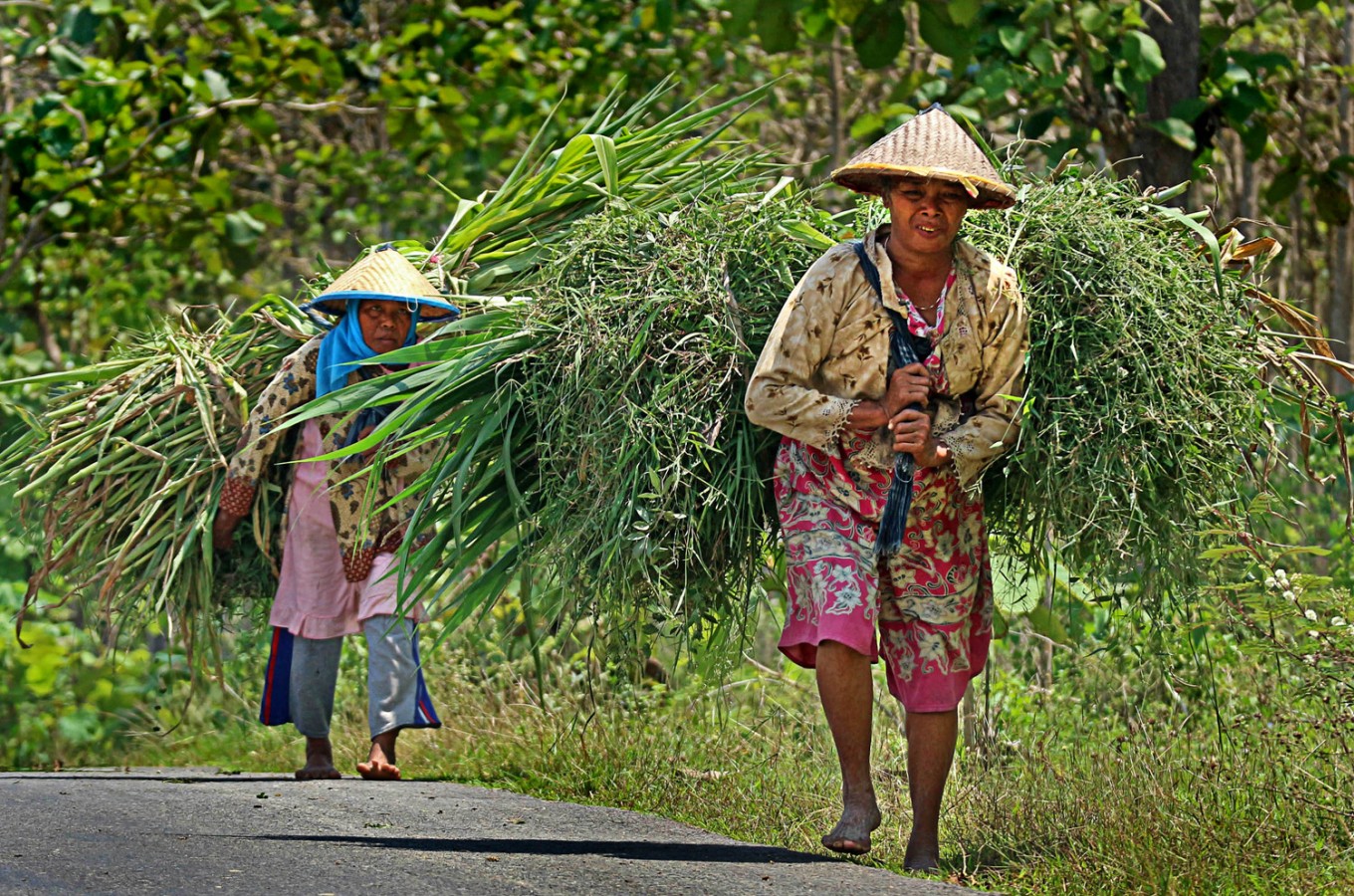Popular Reads
Top Results
Can't find what you're looking for?
View all search resultsPopular Reads
Top Results
Can't find what you're looking for?
View all search resultsVillages in Indonesia lack skills to manage development funds
The government's flagship village funds program, while it may aim to empower rural administrations, has not provided adequate training for village heads in financial management and public administration.
Change text size
Gift Premium Articles
to Anyone
V
illage head Heriyan of Serjiabo, South Sumatra, has a lot on his plate when it comes to administering and managing the village funds.
He said that village heads lacked financial literacy, which slowed budget absorption. They also worried under the shadow of the current provisions, which stipulated sanctions if they failed to manage the funds appropriately – never mind their lack of skills and understanding.
"Technical problems have delayed the absorption of village funds. There are regulations on rural development, yet technical experts and advisors are not available to villages," he said during a meeting with several ministers in Palembang, South Sumatra.
Heriyan is only one village head among the thousands attending the meeting to discuss the village funds, which has helped rural infrastructure projects get off the ground.
Read also: Villages key to Indonesia’s economic growth: Minister
The village funds is a flagship program of President Joko “Jokowi” Widodo, whose administration has provided from Rp 800 million (US$56,200) to Rp 1 billion to each of the archipelago's 73,670 villages.
But there have been reports on the misallocation of funds and corruption because of the poor accountability systems that are in place.
Indonesia Corruption Watch (ICW) reported that it had recorded 181 corruption cases in villages across the country from the launch of the program in 2015 until January 2019, with 30 percent of these cases related to the village funds. A 2017 study by the Australian-Indonesian Government Partnership revealed imbalances in funding distribution due to flaws in how the funds were calculated.
Read also: /news/2019/02/09/corruption-down-but-incompetence-remains-problem-icw.html
Finance Minister Sri Mulyani, who attended the meeting, said that only one out of 14 regencies in South Sumatra alone had successfully channeled its funds this year, while the other regencies and city administrations had yet to meet all criteria for the funds' disbursement.
The government is allocating Rp 2.7 trillion in village funds to the province this year.
Home Minister Tito Karnavian admitted during the meeting that not all village heads had the capacity to manage the village funds.
"Yes, there are problems among the village heads. The village funds need to be used quickly once it has been disbursed and shouldn't [remain idle] in a bank account," said Tito.
Meanwhile, the budget increased annually, with Rp 72 trillion allocated to the program in 2020 from Rp 70 trillion in 2019.
He said the home ministry's regional human resource development team would help train the village heads in financial management and public administration. The training program would emphasize transparency in compiling the budget realization report, which will be publicized on billboards.
Tito also urged local institutions, including the police and judiciary, to provide guidance before taking legal action against village heads for administrative errors. However, he made an exception for cases in which the government funds were used for personal reasons.
Read also: Three fictitious villages received funds, 31 others problematic: KPK
The 1999 Corruption Law, which was amended as Law No. 20/2001 on corruption eradication, carries a maximum punishment of 20 years in prison and a maximum Rp 1 billion fine for "any person who commits an act of illegal enrichment [that benefits] oneself, another person or a corporation [in a manner] that is detrimental to the country's finances or economy".
"If the [village funds] is used to buy a car, we'll arrest [them]," Tito said in providing an example.
Villages, Disadvantaged Regions and Transmigration Minister Abdul Halim Iskandar said that his team would focus on increasing the capacity of its field experts to improve infrastructure development in 2021. He expressed the hope that, in the future, only one or two villages would need just a single expert to assist them in administering the funds.
"But we still ask village heads to be creative and empower [the community] in using the disbursed village funds from labor-intensive [industry], to roads, bridges, village markets [and] to clean water," he said. (mai)










